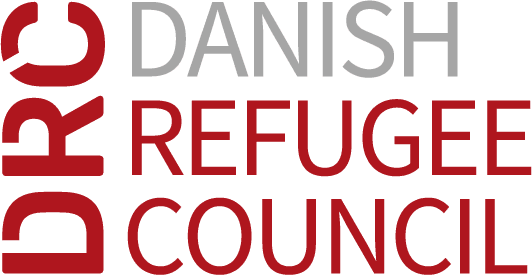
Understanding and Developing Trigger Models for Anticipatory Humanitarian Action
Anticipatory Humanitarian Action is an innovative approach within the humanitarian system connecting forecasts of predictable extreme events with often predefined humanitarian measures to get “ahead of a shock”. To do so, it critically hinges on (quantitative and / or qualitative) information indicating that an extreme event is likely to happen and pre-agreed thresholds or rules for decision-making to induce action – the so-called “trigger”. While developing and monitoring triggers often involves external expertise, e.g., from meteorologists or data scientists, this workshop introduces humanitarian practitioners to the broad field of trigger models for Anticipatory Action. A special emphasis is on the role of local actors and local knowledge in the development, monitoring, and potential institutionalization of trigger models, thus making sure that triggers are as context-specific, locally-owned, and sustainable as possible.


